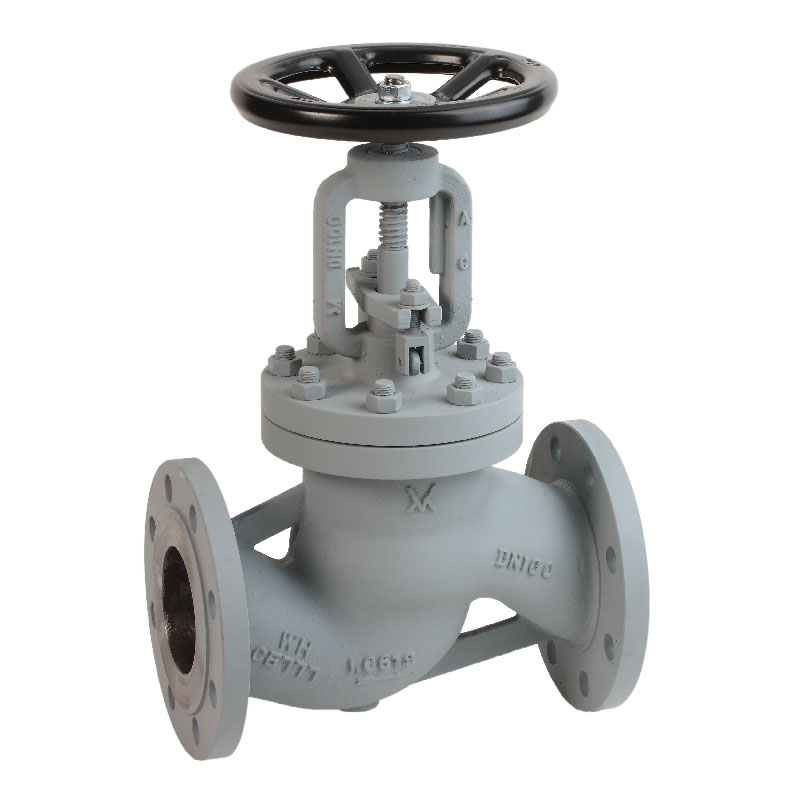Most industries trust stainless steel for its strength and rust resistance. It’s the go-to material in food, chemical, and marine sectors. But here’s the thing—stainless isn’t perfect. In some settings, it breaks down quietly. That’s where Alloy 20 valves come in. Built to beat corrosion, these valves are proving to be the better option in many high-risk jobs. In this blog, we’ll break down what Alloy 20 valves are, where they’re used, and why they’re rising above stainless steel.
What Is an Alloy Steel Valve?
Alloy steel is an alloy of iron and additional metals. These additional metals such as nickel, chromium, molybdenum and copper alter the steel’s attributes. They can improve strength, heat resistance and corrosion resistance.
Alloy 20 valves are fabricated of a unique alloy. This contains high amounts of nickel and chromium with some copper and molybdenum. The blend was designed to handle sulfuric acid—one of the harshest chemicals around.
These valves control flow in pipes, tanks, and machines. But unlike standard stainless valves, Alloy 20 valves stay strong in environments where corrosion is a constant threat.
Advantages of Alloy 20 Valves
Excellent Corrosion Resistance
Alloy 20 valves are extremely resistant to sulfuric acid as well as numerous other harsh chemicals. They are therefore suitable for application in industries where corrosion is a constant concern, for example, chemical processing and pharmaceuticals.
Resistance to Pitting and Cracking
These valves perform well in environments containing chlorides, reducing the risk of pitting and stress corrosion cracking. Their composition helps maintain structural integrity even under aggressive conditions.
Good Mechanical Strength
Alloy 20 valves can be used in high-pressure and high-temperature applications without losing strength. Their toughness ensures reliable performance in demanding industrial systems.
Ease of Fabrication and Welding
The alloy is highly weldable and formable, making installation and repairs easier. It does not harden quickly when welding, thus minimizing the chance of joint failure.
Longer Service Life and Lower Maintenance
Becuase to their corrosion resistance and durability, Alloy 20 valves require fewer replacements and repairs. This leads to reduced downtime and overall maintenance costs.
Applications of Alloy 20 Valves
Chemical Processing Industry
Alloy 20 valves are most commonly used in sulfuric acid and other chemical plants dealing with corrosive chemicals. They provide assured and efficient fluid control in highly reactive environments.
Pharmaceutical Industry
These valves maintain purity while resisting chemical attack during the production of sensitive drugs and ingredient. Their corrosion resistance supports long-term, hygienic operation.
Food and Beverage Industry
In processing systems that use acidic ingredients or cleaning agents, Alloy 20 valves prevent contamination, and maintain sanitary condition.
Petroleum and Refining Industry
Used in systems exposed to sour gas, acids, and saltwater, these valves offer long-term reliability and reduce failure risks in offshore and refining operations.
Power Generation
Alloy 20 valves regulate the flow of chemicals and steam within high-temperature systems to promote efficiency and safety in turbines and boilers.
Pulp and Paper Industry
These valves work effectively in bleaching and chemical treatment processes, where there is frequent exposure to corrosive materials such as chlorine.
The Hidden Corrosion Challenge
Corrosion isn’t always visible on the surface. In many cases, it starts deep within valves, joints, or tight crevices where routine checks can’t reach. This hidden corrosion can slowly weaken the system without any clear signs until a leak, crack, or failure happens. Stainless steel, while commonly used, can still suffer from pitting, crevice corrosion, and stress corrosion cracking—especially in environments with high acidity or chlorides. These hidden dangers can cause sudden shutdowns, safety hazards and expensive repairs. That’s why selecting materials such as Alloy 20 that withstand these hidden forms of corrosion is critical for long-term reliability.
Why Alloy 20 Valves Outperform Stainless Steel
Alloy 20 valves are intended to operate in situations where stainless steel tends to fail. While stainless steel performs well in many general environments, it can struggle in highly acidic or chloride-rich settings. Alloy 20, on the other hand, has better resistance against sulfuric acid, chlorides and other corrosive chemicals. Alloy 20 also has greater protection against pitting, crevice corrosion, and stress corrosion cracking. This makes it far more reliable in industries like chemical processing, oil and gas, and marine applications. Alloy 20 valves also have better long-term durability and require less maintenance, which reduces downtime and overall costs. For harsh service conditions, they simply offer better performance than stainless steel.
Conclusion
Stainless steel has been the standard for years. But in many cases, especially those involving acids or salt, it’s not enough. Hidden corrosion is a real threat—one that can shut down plants, harm workers, or damage equipment. Alloy 20 valves offer a better answer. They last longer, fail less, and hold up better under harsh conditions. That makes them ideal for industries where failure is not an option.



